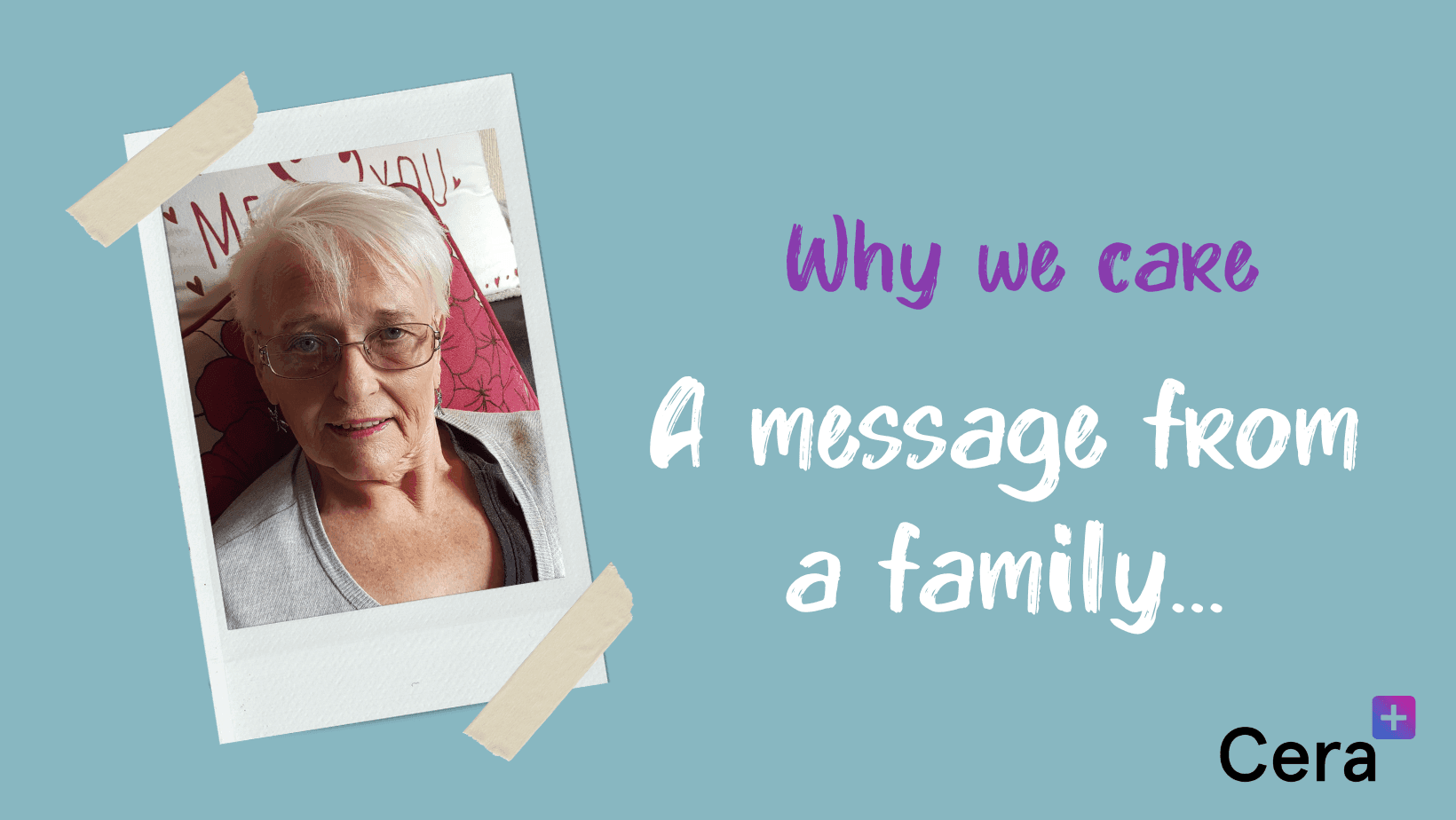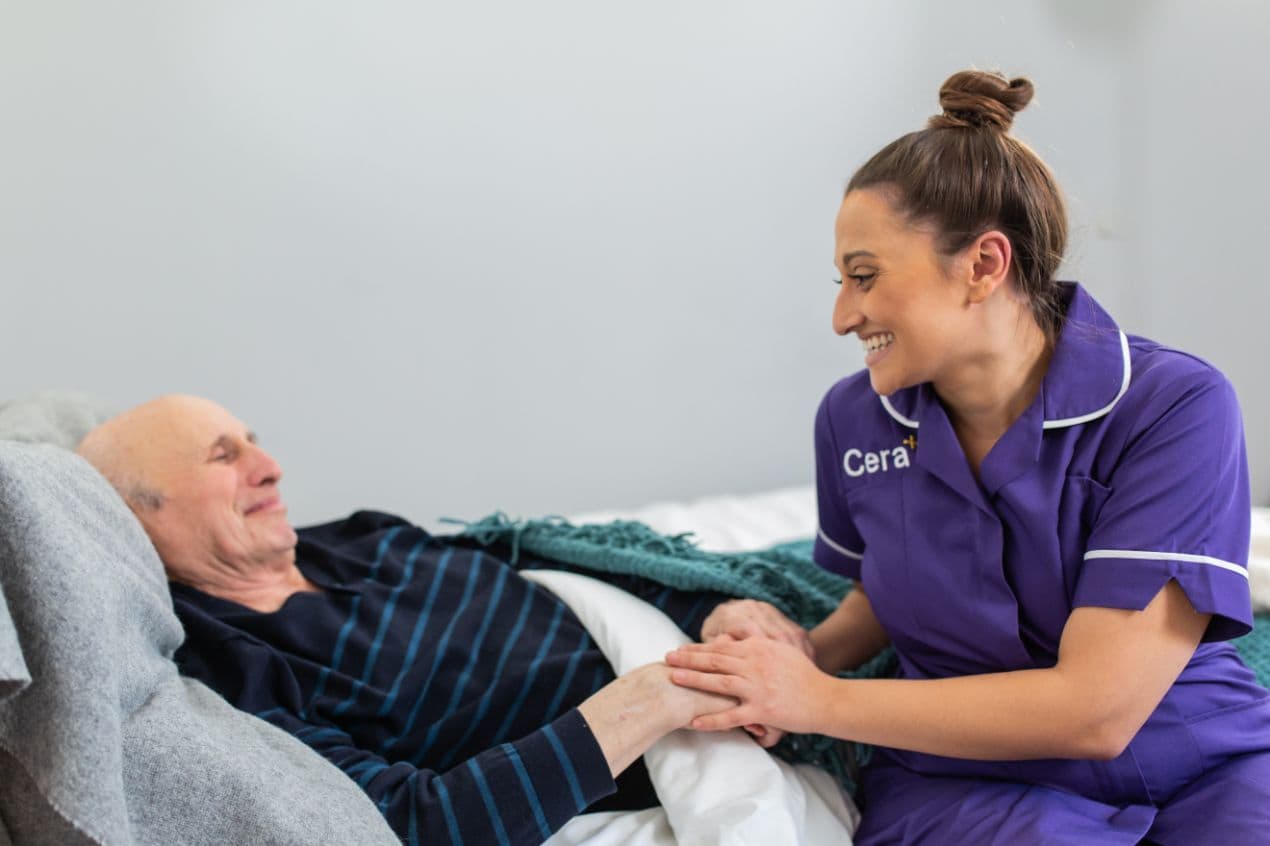5 great reasons to become a Care Assistant
Being a care worker can be one of the most rewarding jobs out there. We know it’s not always easy, but there are a lot of great reasons to become a Care Assistant.
It’s a job that can be flexible around our lives. Care Assistants can work days, nights, shifts, part-time, full-time… there’s an option to suit everyone.
Care Assistants will always be needed. We live in a society where people are living longer and often want to stay at home. Often that means that a little extra help is needed to stay independent – and that’s where we come in. We’re key workers, and we’ve been busier than ever over the past year! There’s never been a better time to become a Care Assistant.
And, at the end of the day, when we go home, we’re not thinking about the parts of the day where we’ve helped someone get dressed or visit the toilet. We remember laughing with our service users, talking about things that interest them, and having fun.
We asked our care assistants what they most enjoyed about their jobs and why people should become a carer. We've covered 5 of their most common responses below:
1. Knowing you are supporting people to stay in their own homes
People might want to stay and receive care at home for lots of reasons: they want to keep their independence, remain at home with their partner or stay with a pet, they prefer a familiar environment… the list goes on.
We know that staying at home can be hugely beneficial – but we also know that sometimes people need a little extra support to do so.
Without Care Assistants, a lot of our service users wouldn’t be able to stay at home. Whether they need help with their mobility, memory or just a bit of social contact, we are an important part of their independence.
2. Seeing those smiles when we walk in
As we get to know our service users, we often form close relationships with them. We’ve all made friends with some of our service users, and we know lots of them feel the same way about us.
People are often thrilled when we arrive – and not just because we’re there to help.
As well as helping our service users out of bed and supporting them with meals, we’re also there to chat about the latest TV shows we’re watching, to ask about their new great-grandson, and to provide an impromptu singalong over lunch!
3. Having a laugh with our service users
No two days in care are the same. We get the opportunity to do some amazing things with our service users. And we’re there for the important moments in their lives.
Some of us have been there when a stroke survivor takes their first unassisted steps. Or we’ve held a service user’s hand while they video call family members on the other side of the world.
We often feel like we’re part of the family – and a lot of our service users feel the same.
4. Making a difference in someone’s life
For some of our service users, we might be the only person they see that day. We’re important to them. We don’t just make their meals and help them with medication; we’re their social contact too.
It’s up to us to check on their health. Do they seem more confused or have different symptoms than usual? Is their home safe for them? We can – and do – literally save lives.
5. "Care is a lifestyle, not just a job"
Lots of us are naturally caring people. We might have cared for family members or friends before starting our careers in care. We might be the go-to neighbour everyone asks for help, or the aunt everyone can rely on.
For many of us, being a Care Assistant is an extension of who we are.
Often we’re not just caring for our service users – we’re also liaising with their families and friends, reassuring them and helping them come to terms with new diagnoses or issues. Sometimes we might need to advocate for our service users with other healthcare professionals.
And, quite regularly, we won’t just need to provide personal care for our service users. We’re their shoulder to cry on, their voice of encouragement and their loudest cheerleader.
It really is an amazing role.
More about working in care

Nutrition and Hydration - Essential Care for the Elderly
Good nutrition and hydration is vital for everyone, and it's especially important for elderly individuals.
Why we care - a message from a family
A family's note of thanks to the carers who provided comfort, dignity, and peace during their gran's final days.

